Established in 2003 in the U.S. state of Michigan, the Chaldean Cultural Center (CCC) has been a vital cornerstone of Chaldean heritage in the United States. The museum, which opened in 2017, is the only one of its kind and aims to enhance its offerings and engage more visitors.
The CCC and Museum plan to move to a larger space in the spring of 2025, marking an exciting new chapter for this vital institution. The expanded museum will add additional exhibits across its five galleries, along with a new sixth gallery dedicated to the theme of genocide. This transformation is a testament to the resilience and faith of the Chaldean community, which has contributed significantly to culture and society throughout the history of humanity, from ancient Mesopotamia to the modern-day United States.
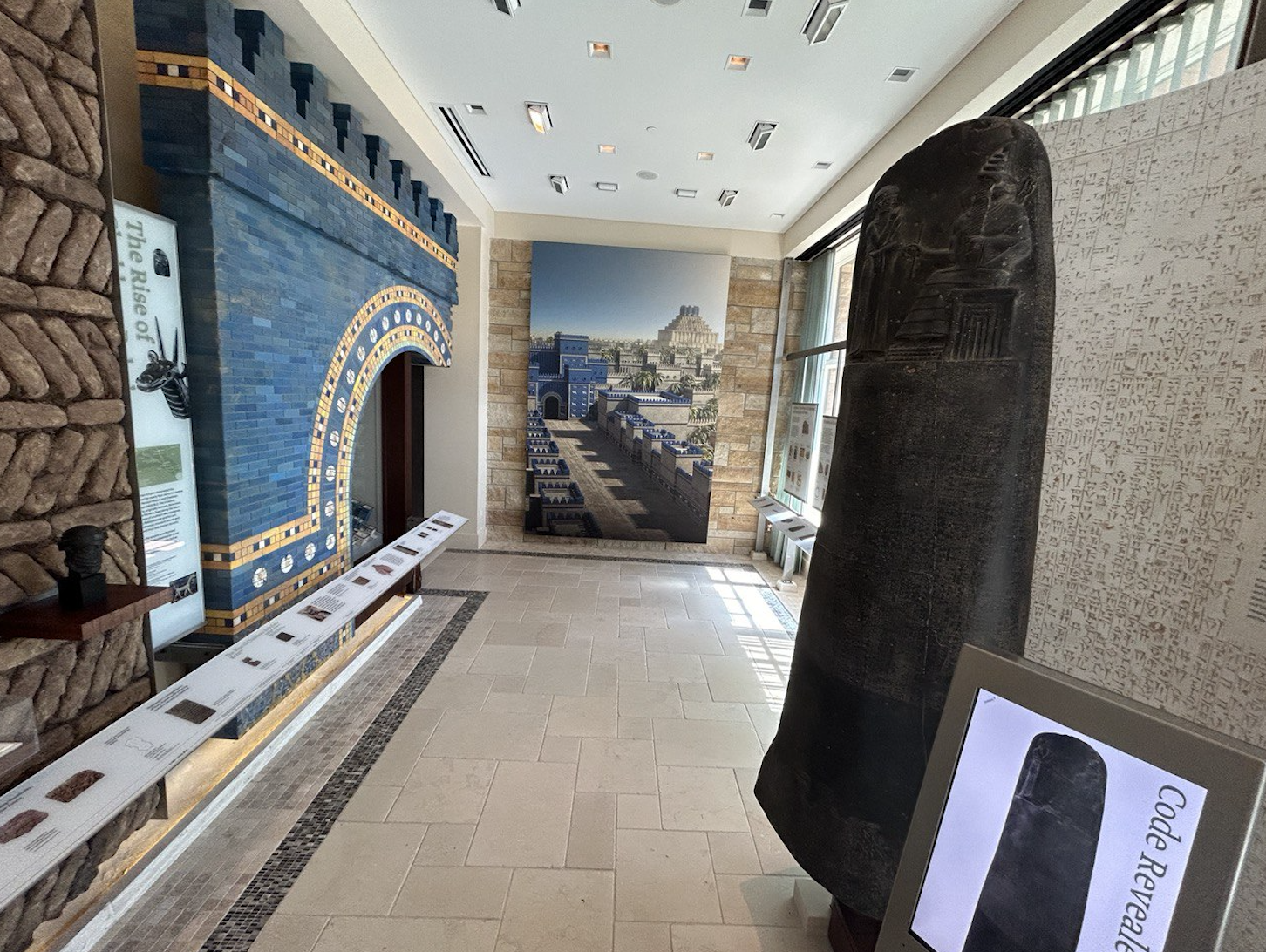
Historical context
The Chaldean community, with roots tracing back to ancient Mesopotamia, has a rich history that spans thousands of years. This area, often referred to as “the cradle of civilization,” is where significant advancements in writing, mathematics, and urban planning first emerged. Understanding this legacy is crucial for appreciating the challenges faced by the Chaldean community today, especially in the context of the recent displacement of peoples and the importance of their representative diasporas.
Currently located within the Shenandoah Country Club in West Bloomfield, Michigan, the CCC will be moving just a few miles away to a campus that will include the Bishop’s Library housing ancient Aramaic texts, the television and radio stations of Chaldean News, the Chaldean Chamber of Commerce, a gymnasium, a theater, and a demonstration kitchen that will serve as a culinary space for cooking classes and more. This new location will not only enhance the visibility of Chaldean culture, but also create a hub for community activities and events.
The CCC serves as more than just a museum; it is a vital space for preserving Chaldean culture, language, and traditions. Community members often share their personal stories and experiences at the CCC, emphasizing its role in maintaining a sense of identity and belonging.
Chaldeans have made significant contributions to advancements in writing, mathematics, and urban planning. Understanding this history enriches our appreciation of our legacy and highlights the challenges we face today.
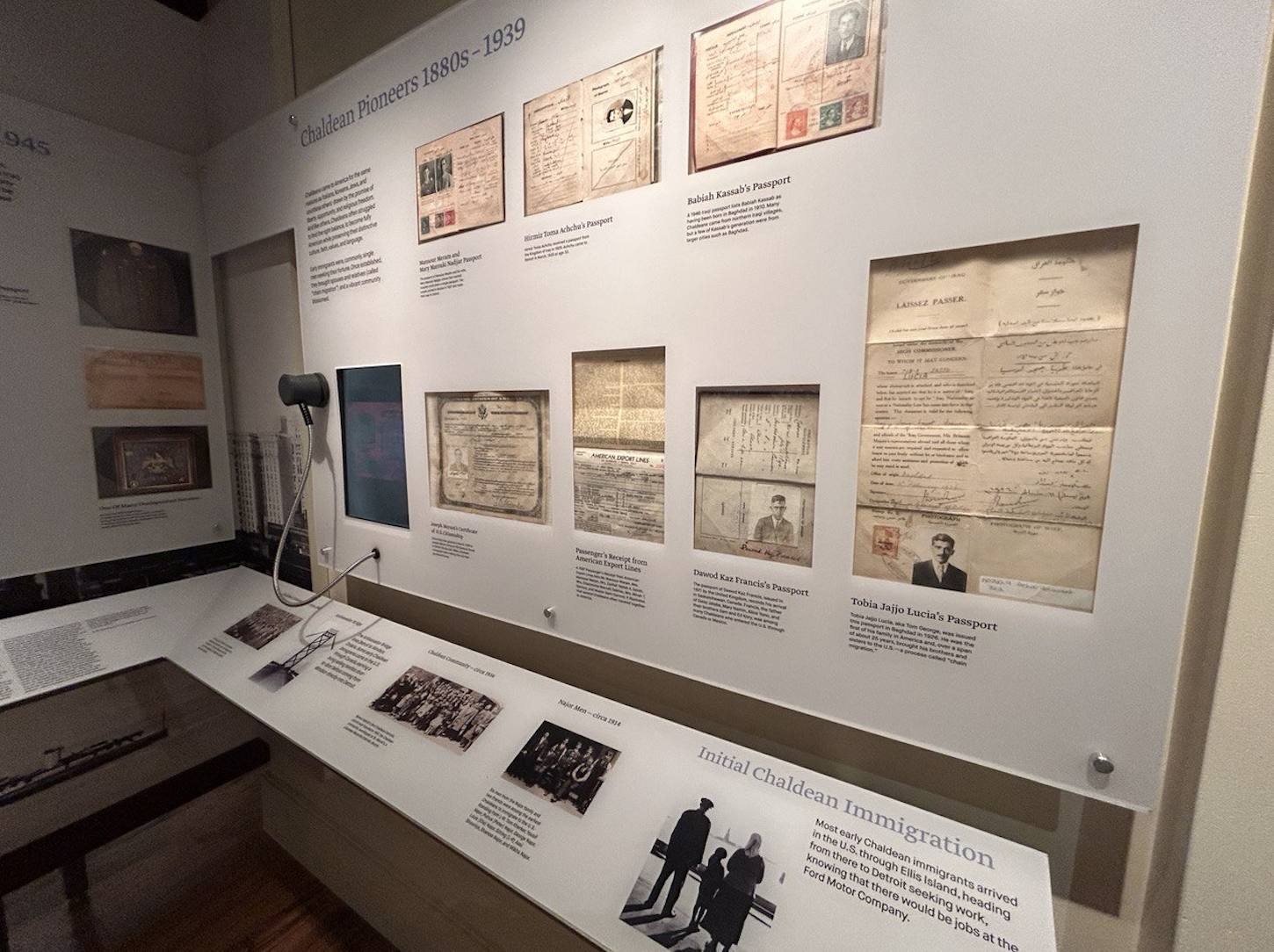
Museum expansion and Ankawa partnership
The new museum will build upon its current offerings, which include existing artifacts, multimedia presentations, and digital storyboards. I believe the expansion will allow us to enhance educational outreach, enrich our programs, and welcome thousands of visitors annually.
The museum currently showcases five dynamic galleries:
- Ancient Mesopotamia: Foundations of civilization
- Faith and Church: The evolution of Christianity in our community
- Chaldean Village Life: Culture of Chaldeans in the Nineveh Plains
- Journey to America: Immigration stories shaping the Chaldean presence in the United States
- Chaldeans Today: Our role in Michigan and the global diaspora
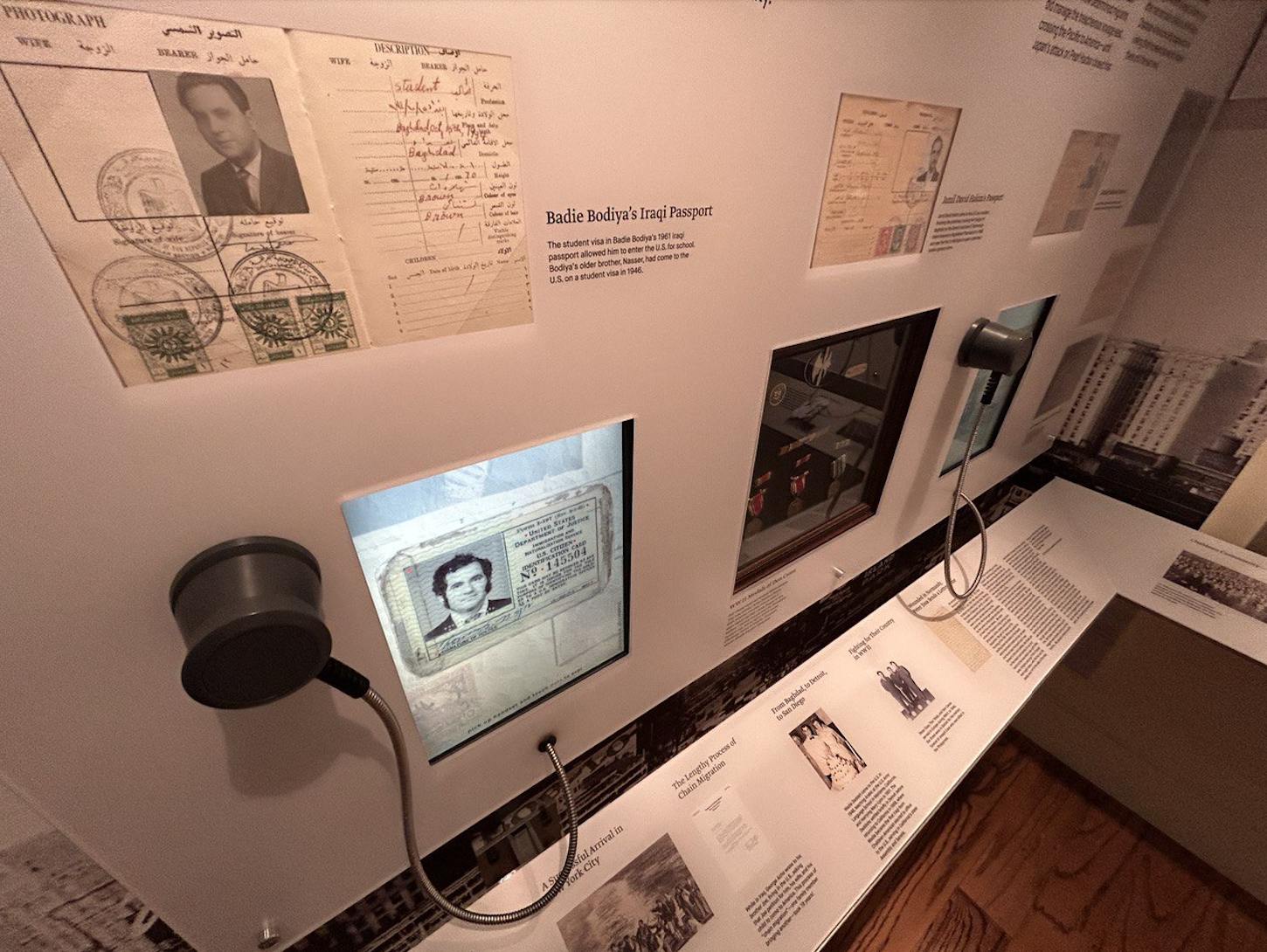
With the expansion, the Chaldeans Today gallery will feature a new exhibit that highlights Chaldean communities worldwide, whose importance was underscored by the establishment of a sister-city partnership on August 20, 2024, between Sterling Heights, Michigan and Ankawa, a district of Erbil in the capital of the Kurdistan Region of Iraq.
The historic partnership with Ankawa, initiated by Chaldean Community Foundation President Martin Manna and Ankawa Mayor Ramy Noori Awdish, seeks to promote cultural exchange and economic collaboration between the two cities.
Ankawa is known for its rich cultural heritage and is home to a significant Christian community – some 90% of its population is Chaldean. Ankawa and Sterling Heights share deep connections through their residents. This sister-city partnership aims to strengthen these ties and celebrate the shared heritage of both communities.
The initiatives under this agreement will include educational exchanges, cultural events, business collaborations, and municipal partnerships. Sterling Heights Mayor Michael Taylor expressed excitement about the partnership and emphasized that it is not merely symbolic, but represents a commitment to building bridges of friendship and cooperation. “We’re thrilled to formalize our relationship with Ankawa, a city that holds deep significance for many of our residents,” Mayor Taylor said.
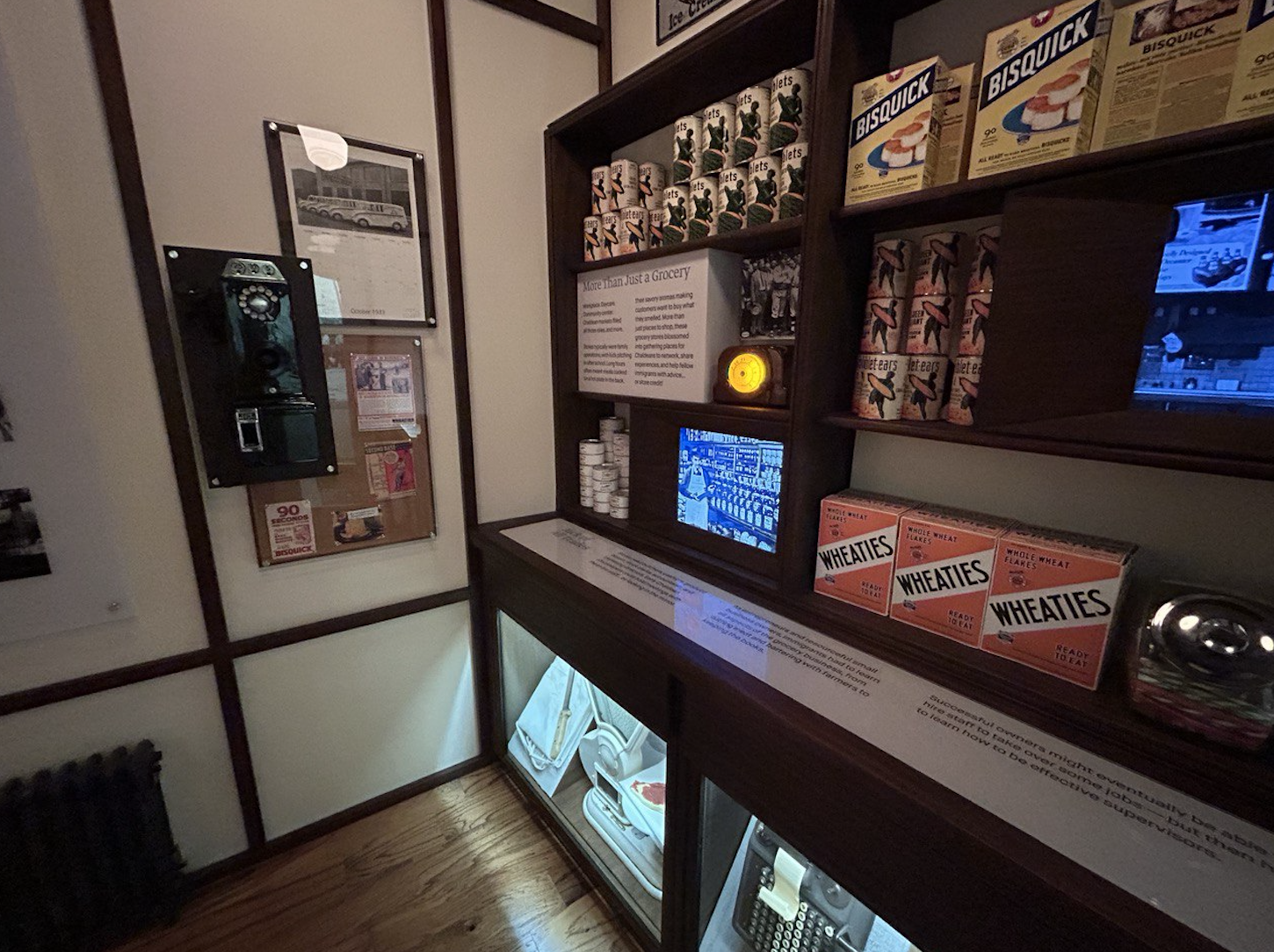
Future opportunities
Following months of discussions between community leaders in Sterling Heights and representatives in Ankawa, a project team will be formed to create a roadmap for sharing knowledge in culture, business, and education. Plans include a curriculum assessment and teacher exchange program, as well as remote learning opportunities at the university level, enabling unique experiences for students and educators.
“We look forward to inviting a delegation from Ankawa to visit Sterling Heights in the near future, hopefully during our annual Cultural Exchange event in the spring. This event will not only highlight Ankawa’s rich cultural heritage, but also showcases the beautiful community of Sterling Heights, which has the largest population of Chaldeans in Michigan. Michigan has the largest concentration of Chaldeans in the world,” said Mayor Taylor.
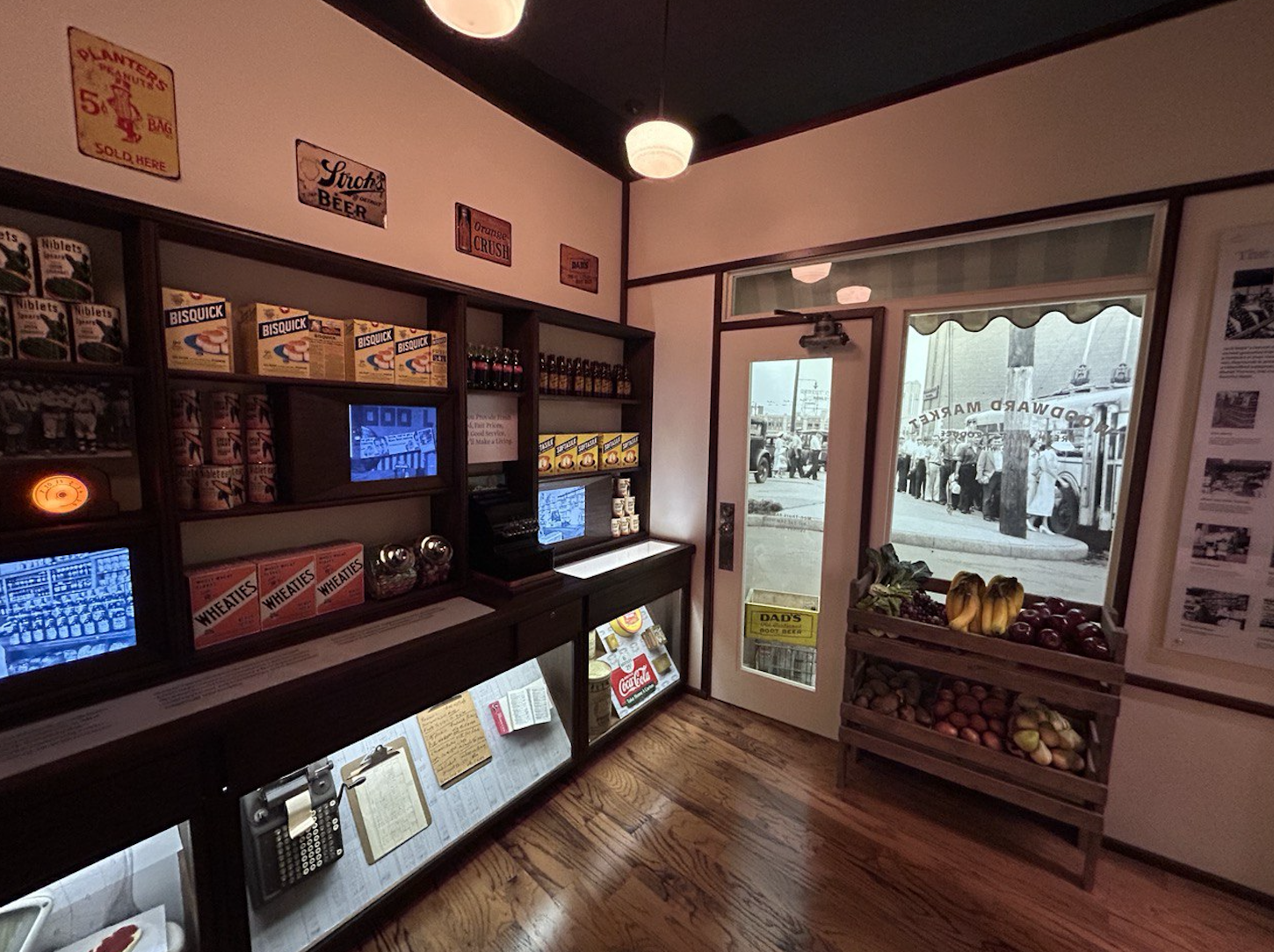
In turn, the hope is to send a delegation from Sterling Heights to Ankawa, allowing residents to learn more about their counterparts’ daily lives, culture, and business practices.
As the CCC prepares for its move next year, the new museum promises to continue being a welcoming space for all. Visitors can expect interactive exhibits, guided tours, and community classes and programs that encourage engagement with Chaldean culture. Whether visiting the CCC in person or exploring it online, this cultural hub offers a unique opportunity to reflect on the interconnectedness of different cultures and histories.
This unique institution not only preserves Chaldean heritage, but also fosters essential conversations about our shared future in an increasingly diverse world. The CCC stands as a beacon of hope and resilience, inviting everyone to partake in the rich tapestry of Chaldean culture and its contributions to the global community.
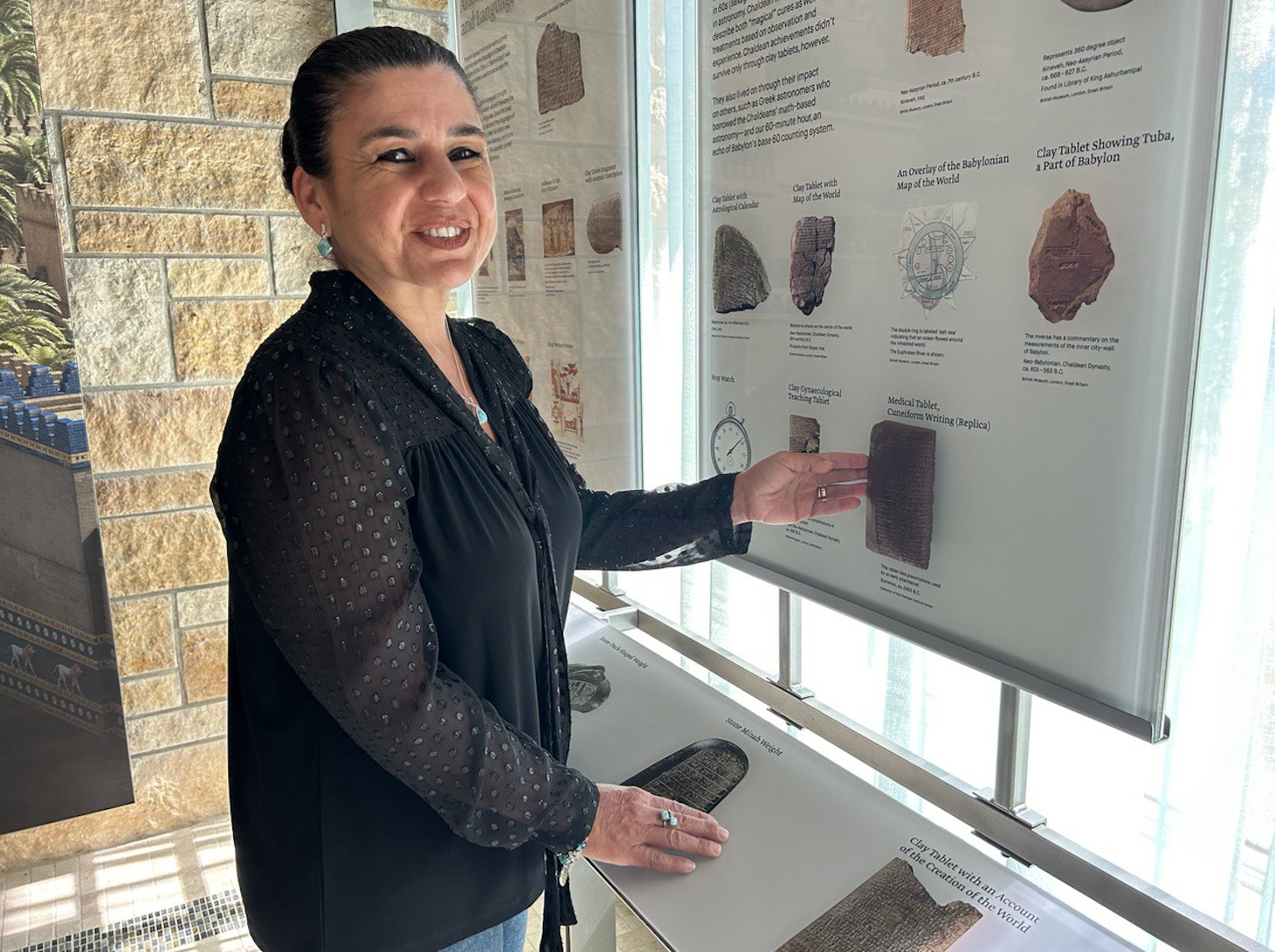
Weam Namou is the Executive Director at the Chaldean Cultural Center.

